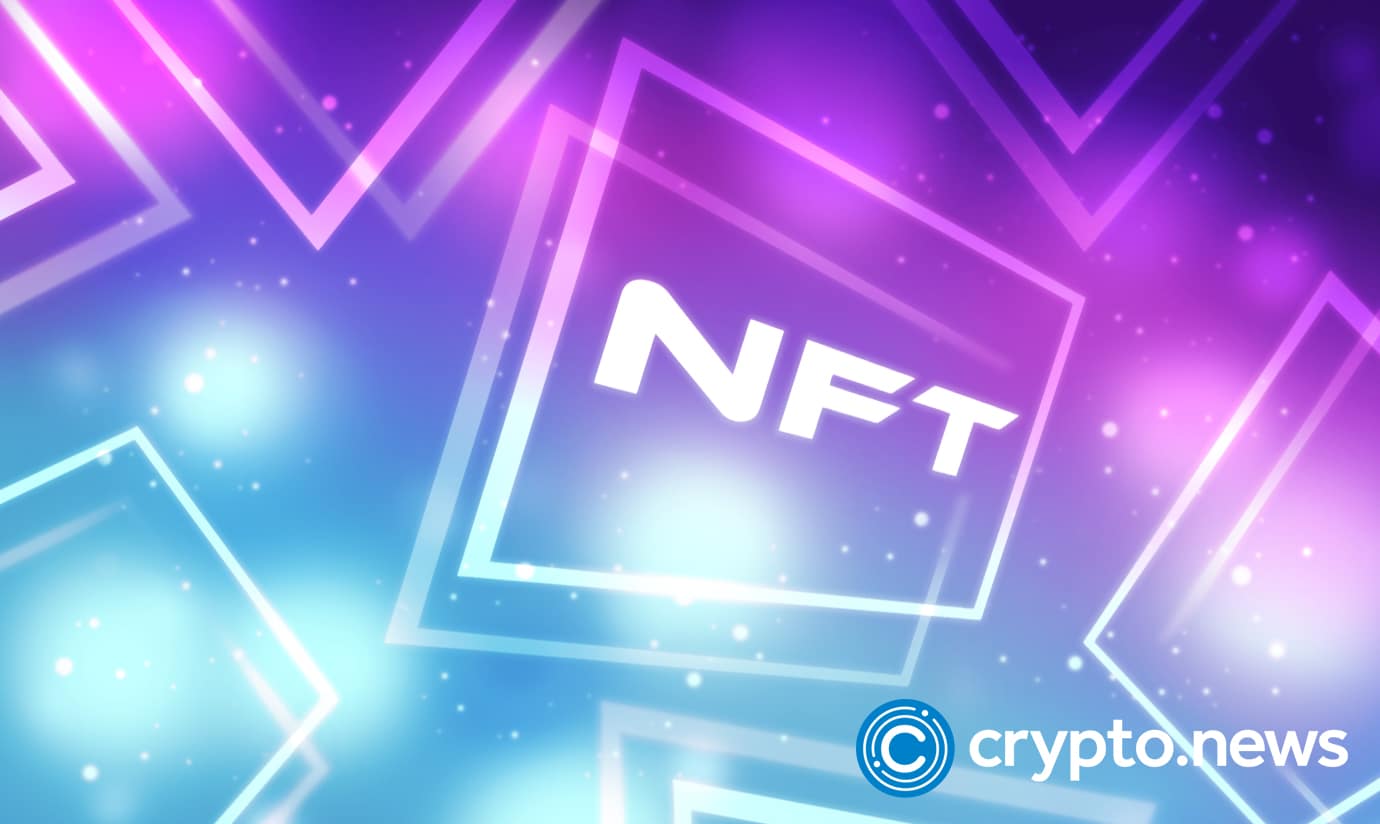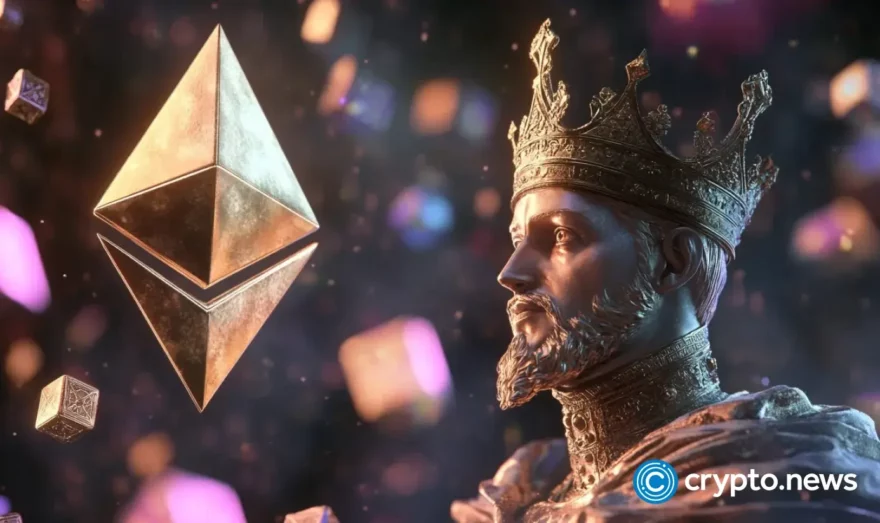Immutable to Boost NFT Creators’ Income using Enforceable Royalties

Immutable has revealed plans to extend enforceable Royalties options across the web3 ecosystem, starting with Ethereum.
In a press release, Immutable is set to boost Web3’s budding creator economy by making royalties enforceable on-chain for the first time shielding more than $1.8 billion in creator royalties.
Having already implemented the enforceable royalties model on its application-specific Layer-2 solution, ImmutableX, Immutable is now looking to extend this functionality to Ethereum. They will implement this via a community-governed whitelist and blacklist for smart contracts that honor royalty fees.
With this new move, NFT creators will be free to use approved lists to control smart contracts which can transfer or receive NFTs from their collection. This will help them ensure that users can only trade through royalty-respecting contracts much to their benefits. Also, these lists will be governed by $IMX token holders to ensure they are not a centralizing factor.
Immutable to Enforce a “Properly Structured” Royalties System
Explaining the new development, Alex Connolly, Co-Founder and CTO of Immutable, said:
“Our vision is an ecosystem where creators have a choice over their royalty model and level of enforceability, and users can vote with their feet when it comes to the projects they feel strike the best balance.”
He added,
“Soft-enforced royalties only punish users trying to support projects and massively reduce the confidence creators and game studios can have in their revenue streams. Royalties, structured correctly, provide significant long-term incentive alignment,”
Although the enforceable Royalties model will significantly boost the economy of NFT creators, market analysts have raised concerns that the design also has the potential to reduce automatic composability with new NFT trading smart contracts. This is because blacklists preserve more automatic composability at the cost of less enforceability compared to whitelists.
Immutable believes that creators should be able to choose where their project falls on this spectrum. More aggressive protection may be an acceptable trade-off for many games and artists, who mostly use a few core smart contracts and base their business models on royalty protection.
Nonetheless, Immutable believes that creators, users, and marketplaces should explore the royalty design space together. To establish this, Immutable aims to form a working group with key industry leaders, including NFT marketplaces, games, and creators, to establish this enforceable royalties mechanism as a standard.
The Enforceable Royalties and How it Impacts Creators
The impact of Immutable’s plan can be far-reaching, as royalties are a major source of income for NFT creators. Generally, NFT creators have two main sources of income: the primary sale of NFTs and ongoing royalty payments from secondary transactions paid in perpetuity.
Royalties are typically set to a fixed percentage of the NFT price paid by either the buyer or seller, depending on how the marketplace structures the transaction. The creators choose the royalty percentage, typically between 5% and 15%.
Creator royalties were widely lauded as one of the true innovations of the NFT space, enabling project founders and artists to form a new monetization model that would continually reward their efforts over time.
















